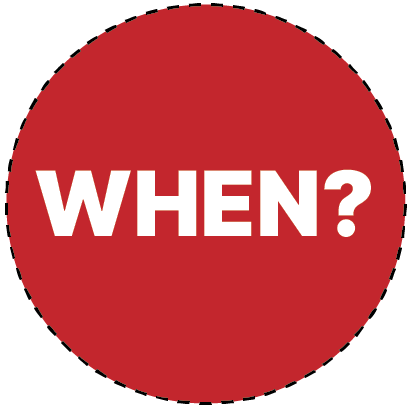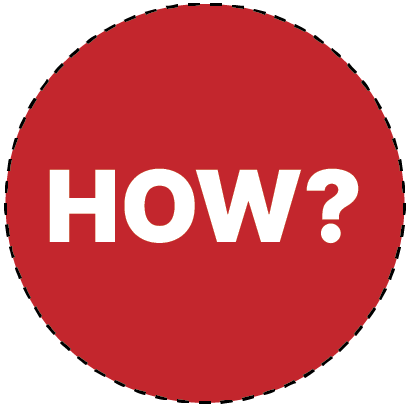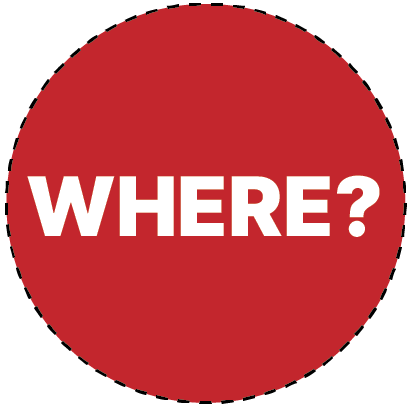
What is contact tracing?
Contact Tracing is the process of identifying all people that a COVID-19 patient has come in contact with in the last two weeks. (Source – World Health Organization)
During the pandemic, public health workers, or contact tracers, follow up with and interview people who have COVID-19 and their contacts. Contact tracing slows the spread of COVID-19.
A contact tracer may call if you have been diagnosed with COVID-19 or to let you know you’ve been exposed.
Having a diagnosis or being exposed to COVID-19 is nothing to be ashamed of.
Learn more about Contact Tracing at the Louisiana Department of Health Website.

Who is impacted by COVID-19?
African American and Latinx communities have been disproportionately impacted by COVID-19. (Source CDC)
African Americans continue to experience the highest actual COVID-19 mortality rates nationwide—two or more times as high as the rate for Whites and Asians, who have the lowest actual rates. (Source – APM Research Lab)
To learn more about why this is happening, please visit “The Skin You’re In” website for a collection of informative articles.

Why is contract tracing so important?
Contact tracing helps protect you, your family, and your community by:
- Letting people know they may have been exposed to COVID-19 and how they should monitor their health for signs and symptoms of COVID-19.
- Helping people who may have been exposed to COVID-19 get tested.
- Asking people to self-isolate if they have COVID-19 or self-quarantine if they are a close contact.
We all need to work together to help slow the spread of COVID-19.

When does contact tracing come into play?
Contact tracing begins as soon as you have tested positive for COVID-19 or learn you have been exposed.
IF YOU HAVE TESTED POSITIVE:
If you test positive for COVID-19, tell your close contacts that they may have been exposed to the virus.
By letting your close contacts know they may have been exposed to COVID-19, you are helping to protect everyone.
IF YOU HAVE BEEN EXPOSED:
If you were exposed and start exhibiting symptoms, get a test to confirm whether or not you have contracted COVID-19. For information on free testing, visit this link.
If your test is positive, public health officials will begin the contact tracing process.
In the meantime, you should tell your close contacts.

How does contract tracing work?
If you are diagnosed with COVID-19:
-
You may get a phone call from a contact tracer. The call will come from the Louisiana Department of Health at this number: 877-766-2130.
-
The contact tracer is your health ambassador. They will ask you a series of questions. Your responses will be kept confidential, so you are encouraged to answer honestly.
-
The contact tracer may offer guidance or instructions to self-isolate.
For a detailed description of what happens during contact tracing, please visit the Louisiana Department of Health Contact Tracing Page.

Where can I access additional resources on contact tracing?
